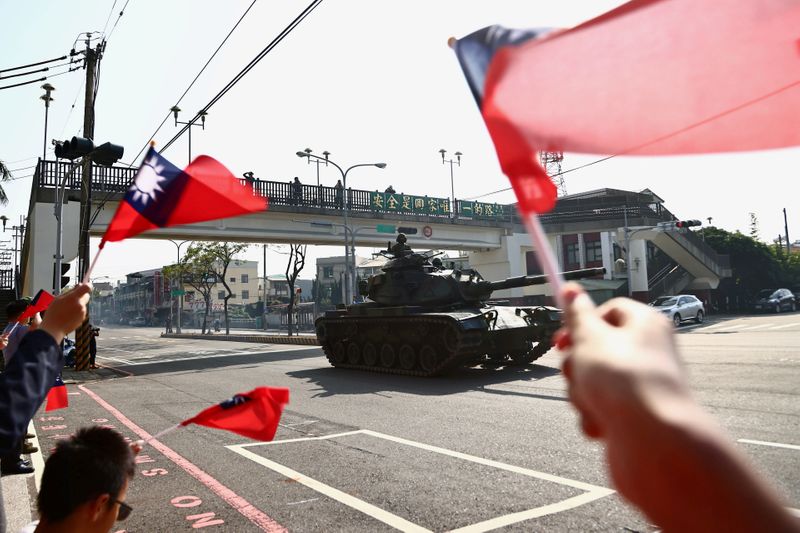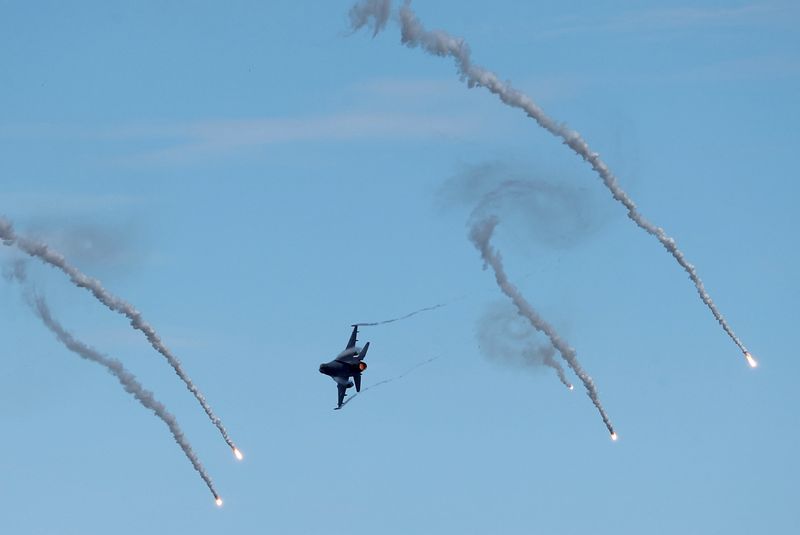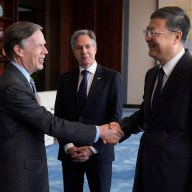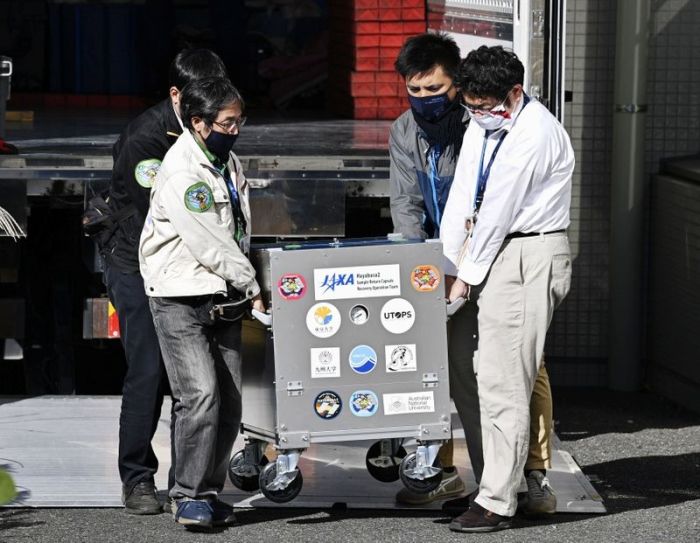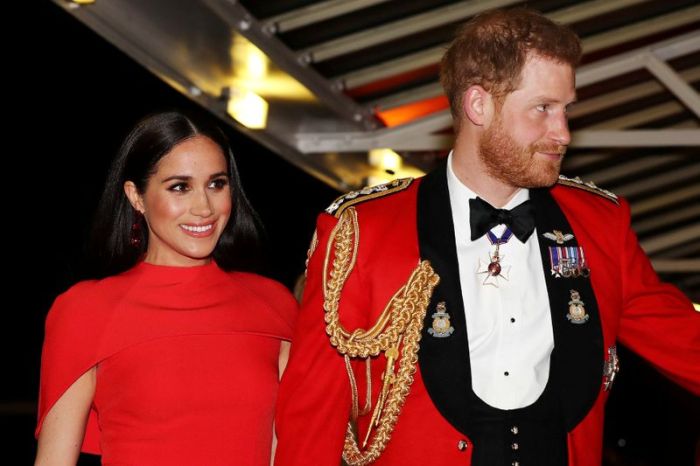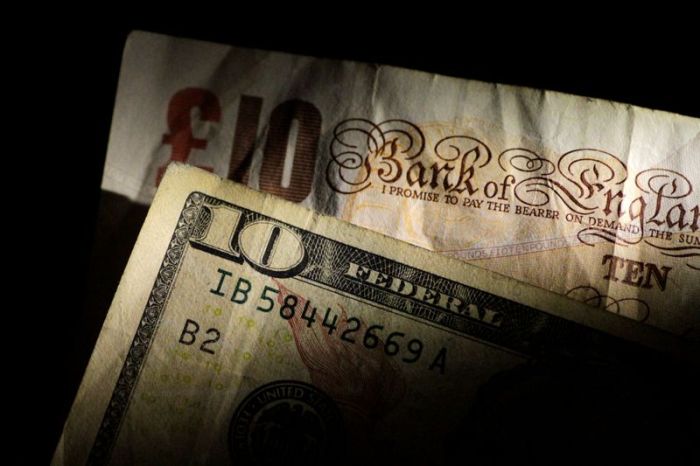TAIPEI (Reuters) – Taiwan faces military threats on a daily basis from “authoritarian forces”, President Tsai Ing-wen said on Tuesday, as the United States announced a new $280 million arms sale package to the Chinese-claimed island, the sixth this year.
China expressed anger at the weapons sale, as it always does, threatening unspecified retaliation.
The outgoing Trump administration has ramped up support for the island democracy, with 11 arms sale packages in total, and on Monday the U.S. government notified Congress of the sale of a new Field Information Communications System.
Such sales – $5 billion worth this year – have riled China, adding to existing tension between Beijing and Washington, with China placing sanctions on U.S. companies involved and stepping up its military activities near Taiwan, including regular air force missions.
Addressing a security forum in Taipei, Tsai spoke of the threats in the region, including the “increasingly militarised” South China Sea, which China claims large parts of and where it has built artificial islands with air and naval facilities.
“Authoritarian forces consistently attempt to violate the existing norms-based order,” Tsai said. “Taiwan has been at the receiving end of such military threats on a daily basis.”
SECURITY PARTNERSHIP
Taiwan’s Defence Ministry said the latest sale demonstrated that the U.S. commitment to bolstering the island’s defence capabilities remained unchanged and he expressed its gratitude.
“Taiwan and the United States will continue to consolidate their security partnership to maintain peace and stability in the Taiwan Strait,” it added.
China’s Foreign Ministry denounced the arms package, urging the United States to stop selling weapons to Taiwan and saying Beijing would take “necessary countermeasures”, though it gave no details.
“I hope they can distinguish whether the United States is actually helping them or harming them,” spokeswoman Hua Chunying told reporters, referring to Taiwan’s grateful response to the sale.
Taiwan’s government has moved to reassure its people that the new administration of President-elect Joe Biden, a Democrat, will not lessen U.S. backing for the island.
Speaking at the same forum in Taipei, Kurt Campbell, a former U.S. official who has advised Biden, said there was strong bipartisan support for Taiwan.
“There is a broad group of people across the political aisle that understand the profound strategic significance and our strategic interests in maintaining a strong relationship with Taiwan,” said Campbell, the top U.S. diplomat for East Asia under former President Barack Obama.
(Reporting by Ben Blanchard; Additional reporting by Gabriel Crossley in Beijing; Editing by Michael Perry and Gareth Jones)

